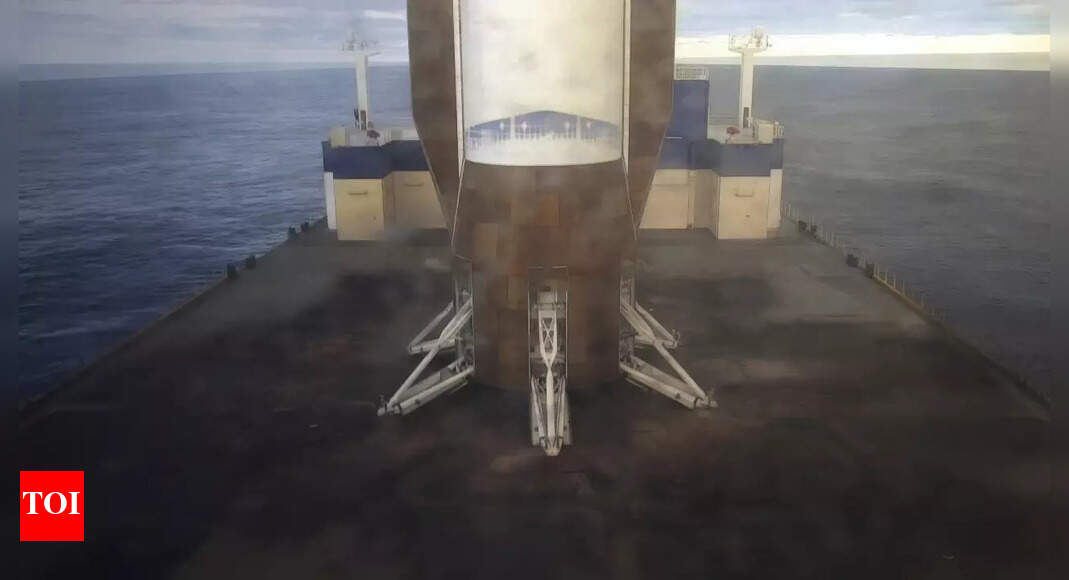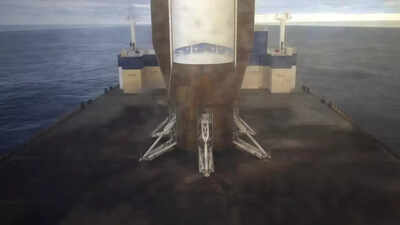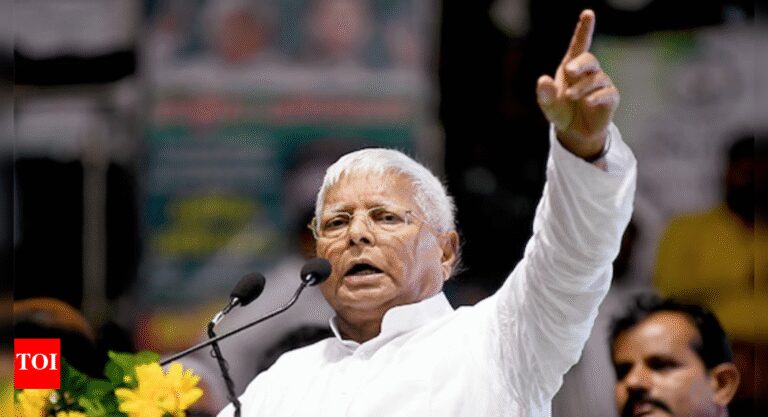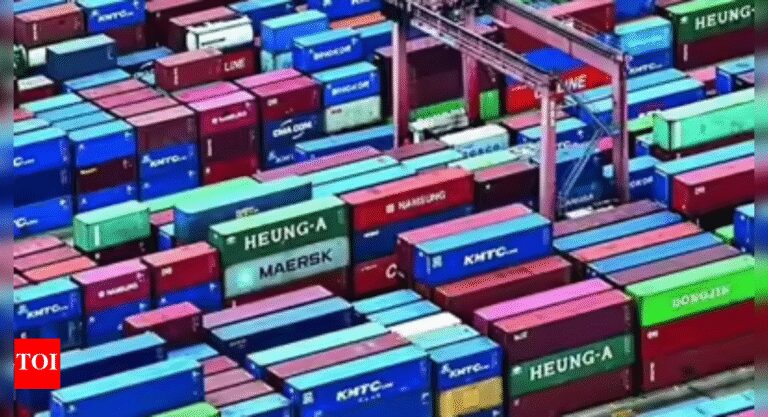
Jeff Bezos’s Blue Origin achieved a historic milestone by successfully landing its massive New Glenn rocket booster on a droneship in the Atlantic Ocean, prompting congratulations from rival SpaceX CEO Elon Musk. The successful landing marks a pivotal moment in the commercial space race, making Blue Origin only the second company after SpaceX to master the complex technology of landing orbital-class rocket boosters for reuse.“Congratulations @JeffBezos and the @BlueOrigin team!” Musk wrote on social media in a response to Blue Origin’s announcement.In a separate post, Musk replied to a post shared by Jeff Bezos who shared a video clip of the New Glenn rocket booster landing in the middle of a platform floating in the ocean.
Blue Origin’s second-try success
The New Glenn booster, standing over 320 feet tall and powered by seven advanced BE-4 engines, touched down on the droneship Jacklyn just minutes after launching from Cape Canaveral Space Force Station at 3:55 PM EST. The landing followed the successful deployment of NASA’s twin ESCAPADE satellites on a mission to study Mars’s atmospheric loss and solar wind interactions.“We achieved full mission success today, and I am so proud of the team. Never before in history has a booster this large nailed the landing on the second try. This is just the beginning as we rapidly scale our flight cadence and continue delivering for our customers,” said Dave Limp, Blue Origin’s CEO.
Competing with SpaceX’s dominance
The achievement represents a significant breakthrough in Blue Origin’s efforts to compete with SpaceX, which has long dominated the reusable rocket market with its Falcon 9 and Falcon Heavy vehicles. Reusability reduces launch costs by allowing expensive first-stage boosters to be recovered, refurbished, and flown multiple times rather than discarded after a single use.Blue Origin’s New Glenn is designed for up to 25 reuses, promising to bring competitive pricing and reliability to deep space and orbital missions. The company has already secured multiple years of orders from customers including NASA, Amazon’s Project Kuiper, AST SpaceMobile, and several telecommunications providers.








